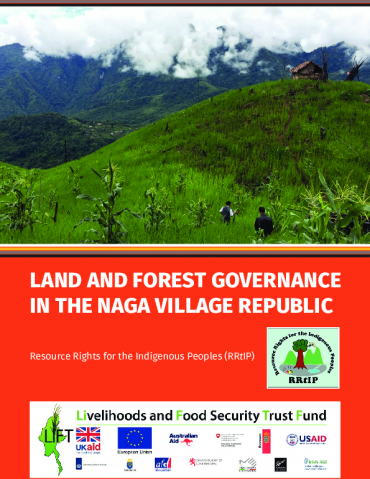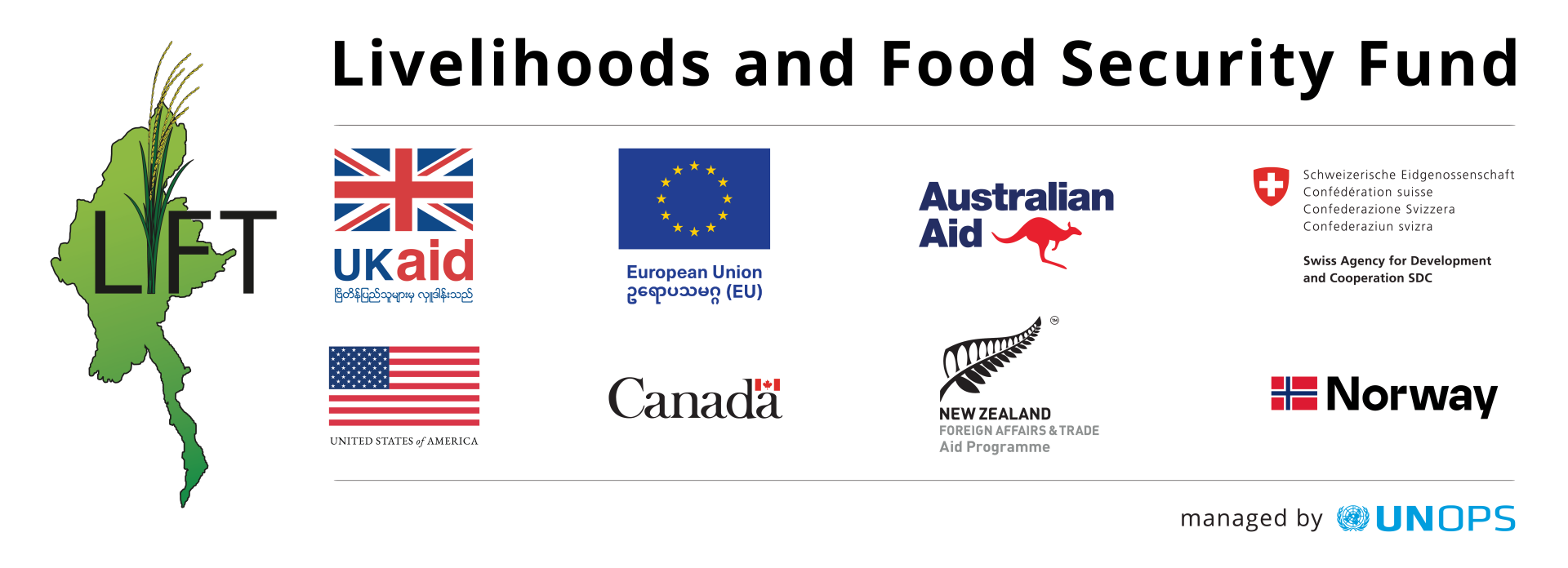
The Nagas are a trans-boundary people, comprised of over 40 tribes, living in the
Naga Hills split between north-east India and north-west Myanmar. Naga people
have deep historic, cultural and spiritual ties to their land, which is managed
through the Naga customary tenure system. The customary tenure system defines
who can use and manage different resources, including households, clans, villages
and tribes – and provides rules for how they should be managed. Customary
institutions, from the village council and village chief to tribal councils and intertribal
organizations, have responsibility for setting and enforcing these rules.
The customary justice system provides a framework to resolve disputes through
mediation and enforce village rules with penalties and fines. Together, customary
laws and institutions ensure a diverse and sustainable land use system that
provides for livelihoods and food security, adaptively manages resources, protects
the environment and maintains cultural and religious traditions.


